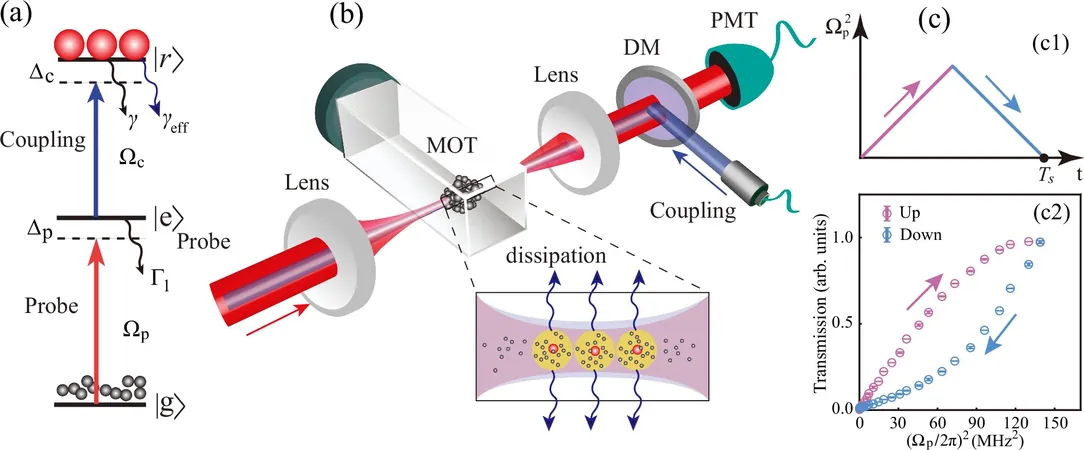
Unseen Struggles: The Heavy Toll of Caring for Adolescents with Alopecia Areata
2025-05-08
Author: Yu
The Hidden Burden of Caregiving
Recent research uncovers alarming levels of psychosocial and occupational stress faced by caregivers of adolescents battling alopecia areata. These findings, led by Rodney Sinclair from Sinclair Dermatology in Australia, emphasize the urgent need to address the emotional and mental health challenges these caregivers face.
A Pioneering Study with Stark Revelations
Until now, there has been a stark lack of research on how alopecia areata impacts the lives of caregivers. Sinclair and his team aimed to dig deep into the effects of this hair loss condition, not only on the adolescents but on their guardians as well.
From April to July 2023, they conducted a comprehensive online survey in Australia targeting caregivers of adolescents aged 12 to 17 diagnosed with alopecia areata. The Australian Alopecia Areata Foundation played a pivotal role in gathering subjects for this crucial study.
Eye-Opening Results on Mental Health
The results were telling: while only 24.5% of caregivers reported symptoms of depression—a statistic aligning with previous U.S. studies—an alarming 62.3% showed signs of anxiety. This rate far exceeds findings from similar research in the U.S., where anxiety levels ranged from 20.7% to 42.7%.
Quality of Life in Jeopardy
Evaluating the quality of life through the Quality of Life in Child’s Chronic Disease Questionnaire (QLCCDQ), caregivers' scores revealed a significant drop compared to those caring for healthy children. For instance, their reported mean scores for emotional well-being were markedly lower, showcasing the devastating impact of managing a chronic condition like alopecia areata within the family unit.
Disparities Between Caregiver Groups
Interestingly, the study found that caregivers whose adolescents participated in the survey (dyadic caregivers) experienced a less severe impact on mental health compared to those whose dependents did not (nondyadic caregivers). This suggests that higher stress levels might correlate with more severe conditions, as those struggling more may opt out of participation.
An Alarming Impact on Daily Life
A staggering 50.9% of caregivers reported impairments in their daily activities, with nearly half admitting their work performance was affected. These figures underline the extensive burden that comes with supporting an adolescent through such a challenging health condition.
Conclusion: A Call for Awareness and Support
The study strikes a critical note: the psychosocial and occupational burdens of caregiving for adolescents with alopecia areata significantly affect emotional well-being. It highlights the broader implications of the disease, reminding us that its effects reach far beyond the individual. A recognition of this burden is essential to provide effective support for families grappling with this hidden challenge.



 Brasil (PT)
Brasil (PT)
 Canada (EN)
Canada (EN)
 Chile (ES)
Chile (ES)
 Česko (CS)
Česko (CS)
 대한민국 (KO)
대한민국 (KO)
 España (ES)
España (ES)
 France (FR)
France (FR)
 Hong Kong (EN)
Hong Kong (EN)
 Italia (IT)
Italia (IT)
 日本 (JA)
日本 (JA)
 Magyarország (HU)
Magyarország (HU)
 Norge (NO)
Norge (NO)
 Polska (PL)
Polska (PL)
 Schweiz (DE)
Schweiz (DE)
 Singapore (EN)
Singapore (EN)
 Sverige (SV)
Sverige (SV)
 Suomi (FI)
Suomi (FI)
 Türkiye (TR)
Türkiye (TR)
 الإمارات العربية المتحدة (AR)
الإمارات العربية المتحدة (AR)